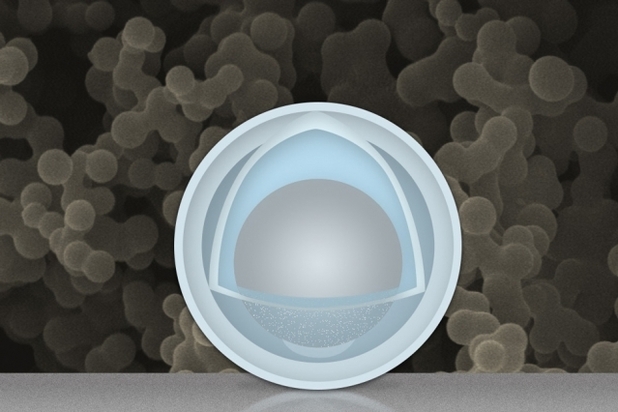Aluminium could give a big boost to capacity and power of lithium-ion batteries.
The mobile internet and smartphones have long been challenged by battery-life. The big problem are the electrodes in rechargeable batteries. They need to expand (during charging) and then shrink as the power is used. This leads to irreversible damage that shortens the batteries life. But now a team of scientists at MIT and Tsingua University in China has discovered a novel solution to this problem.
They’ve created an electrode of nanoparticles with a solid ‘shell’ made of titanium dioxide shell and a ‘yolk’ of aluminium. The ‘yolk’ that sits inside the ‘shell’ is able to change size over and over again without it damaging the structure of the shell. This has the impact of both batteries that last longer on a single charge but also do not degrade over time as currently happens. Even better news is that Aluminium is comparatively cheaper to produce than many of the precious metals in today’s batteries.
How long we’ll have to wait for a production version we don’t know but the phrase go to work on an egg could have a whole new connotation for the next generation of smartphone users.

